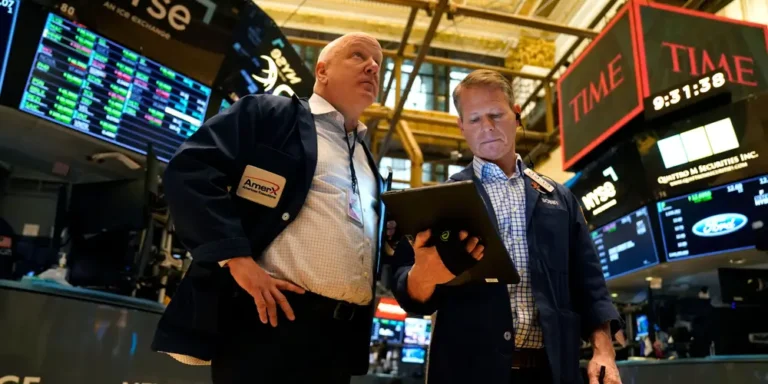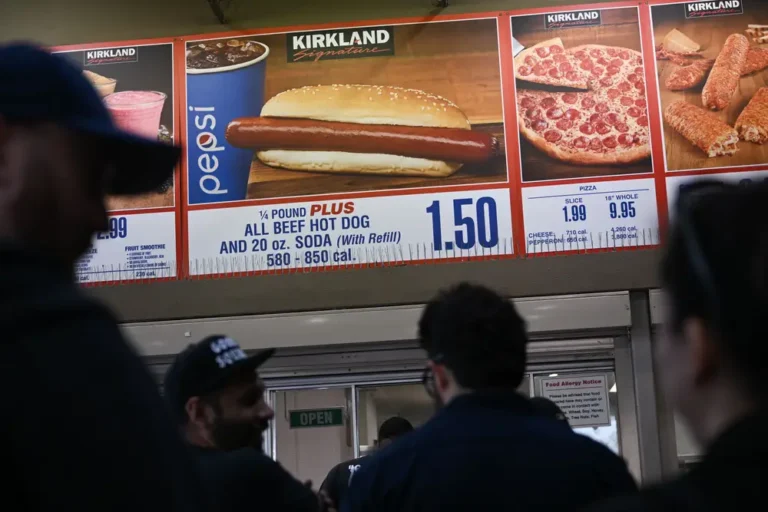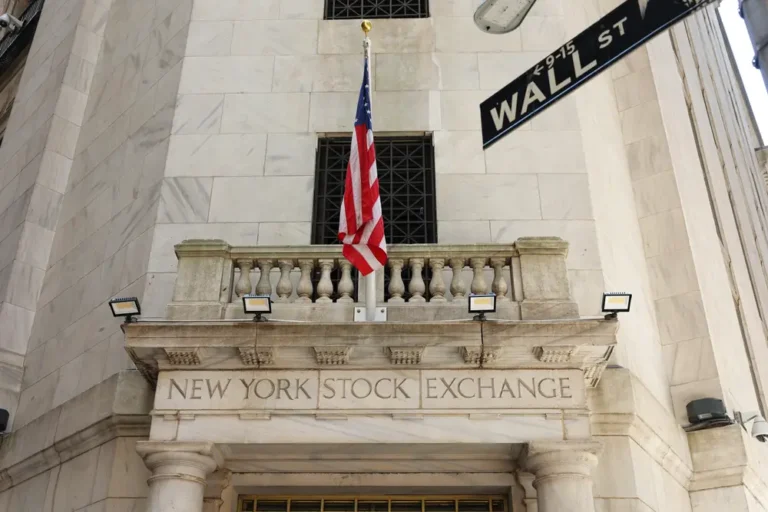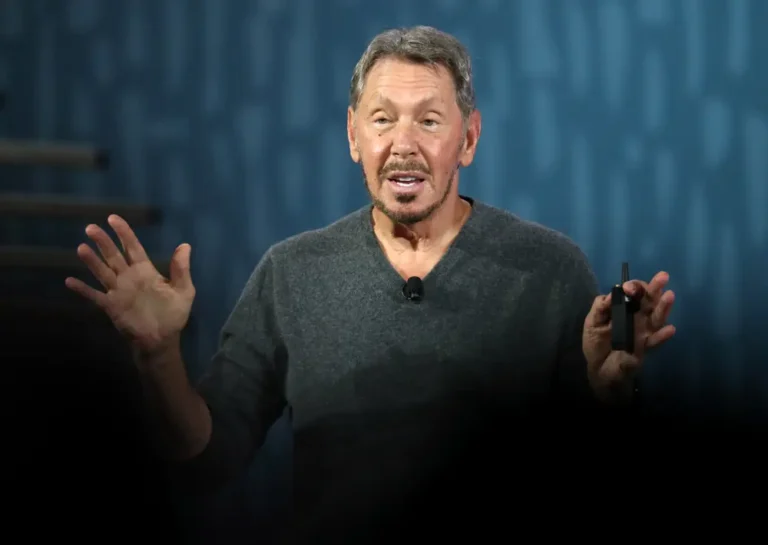Top money managers are warning of pain ahead for the US economy. Here are 5 areas where they’re investing right now to prepare.
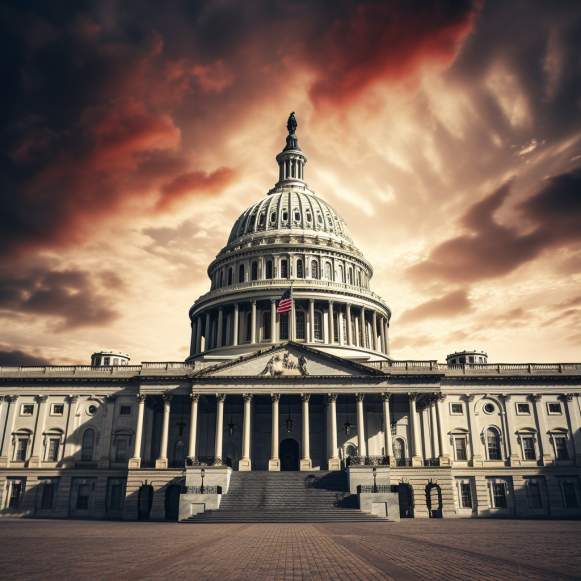
- Many panelists at CNBC’s Delivering Alpha conference said they see a slowdown ahead.
- Rising rates will eventually bite, they said, and they’re positioning defensively.
- Some areas of the market panelists are sitting in include cash, corporate bonds, and oil.
A common theme emerged among several top money managers at CNBC’s Delivering Alpha conference on September 28: rising rates will eventually hit the US economy, and pain is on the way, recession or no recession.
Here are some of the panelists’ thoughts on a potential economic slowdown as the Federal Reserve nears the end of its rate hike cycle, with the stated intention of keeping rates high in the months ahead to fully curb inflation:
Soros Fund Management CEO and CIO Dawn Fitzpatrick:
- “I think everything gets harder from here.”
- “There is a subset that simply cannot do that,” she said of paying off credit card debt as interest rates rise in the future. “In those tails and subsets I think you’re going to have really unusual delinquencies, and just horrible recovery rates.”
Katie Koch, President and CEO of TCW:
- “I would say we’re most bearish than most people about what lies ahead from here, and we think the economy is likely to deteriorate more than consensus.”
- “I believe the lag effect exists. I believe it is reasonable to predict a recession because that is how the world works. This is not a brave statement, but it is true, and true things are important. It moves in cycles, and we haven’t had a real one in over a decade and a half, with the exception of a brief blip.”
- “The longer we go until we get that recession, the more leverage there is to the downside.”
- “Whenever capital reprices this aggressively, and it has priced very aggressively and it’s repriced in a short period of time, things break.”
Mark Delaney, AustralianSuper’s Chief Investment Officer and Deputy CEO
- “Certainly, we believe that higher interest rates will have an impact.” If not now, when?”
- “I’m in the bear market rally camp.”
Suni Harford, President of UBS Asset Management
- “I’d like to be optimistic and say we’ll avoid it or that it’ll be marginal at best, but rates are going up and we’ll see that effect.” The number of defaults will rise.”
Altimeter CEO Brad Gerstner
- Fed Chair Jerome Powell “wishes he could be Volcker.” He does not want to be remembered as the Fed chairman who failed to combat inflation. He doesn’t want to see it start up again. But, as the pilot of the economy, he acknowledges that the envelope to stick that landing is very, very narrow. Right? As a result, it’s likely that we’ll see more slowing in 2024 than they’d like. However, the market is pricing in two or three rate cuts next year because the market believes the economy will be worse than you currently forecast.”
Investing Locations
Koch stated that her portfolio is defensively positioned, and she is cautious on equities, including some of the market’s so-called “Magnificent 7” tech stocks. She does, however, prefer cash — another term for short-term investments such as money market funds or 3-month Treasury bills — as well as high-quality, investment-grade debt.
“We’re getting paid to be patient,” Koch explained.
Rick Rieder, BlackRock’s bond chief, also stated at the conference that he favors investment-grade debt in the United States and Europe, as well as cash. While he did not discuss his personal views on where the economy is headed in the coming months, he has previously warned of potential trouble ahead as the Fed remains hawkish.
Delaney also emphasized the importance of being defensive, stating that he prefers corporate bonds with floating rates, which move with the market rate. He claims that some are producing more than 10%.
The JPMorgan Ultra-Short Income ETF (JPST) provides cash exposure, the iShares iBoxx Investment Grade Corporate Bond ETF (LQD) provides investment-grade credit exposure, and the PGIM Floating Rate Income ETF (PFRL) provides floating rate exposure.
Meanwhile, Fitzpatrick believes rates will rise in the near term, providing buyers with “a good opportunity to set long positions” in government bonds. Bond prices fall when bond yields rise.
One way to gain exposure to long-term government bonds is through the iShares 10-20 Year Treasury Bond ETF (TLH).
Oil is another compelling play, according to Fitzpatrick, with Saudi Arabia stating that they want to keep oil above $70 per barrel.
“Saudi Arabia has become central banker of energy,” she stated.
The Vanguard Energy ETF (VDE) and the Invesco DB Oil Fund (DBO) are two ETFs that allow investors to invest in the energy sector and oil.


